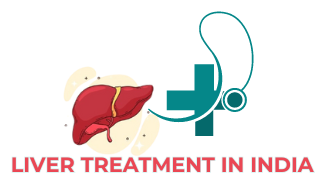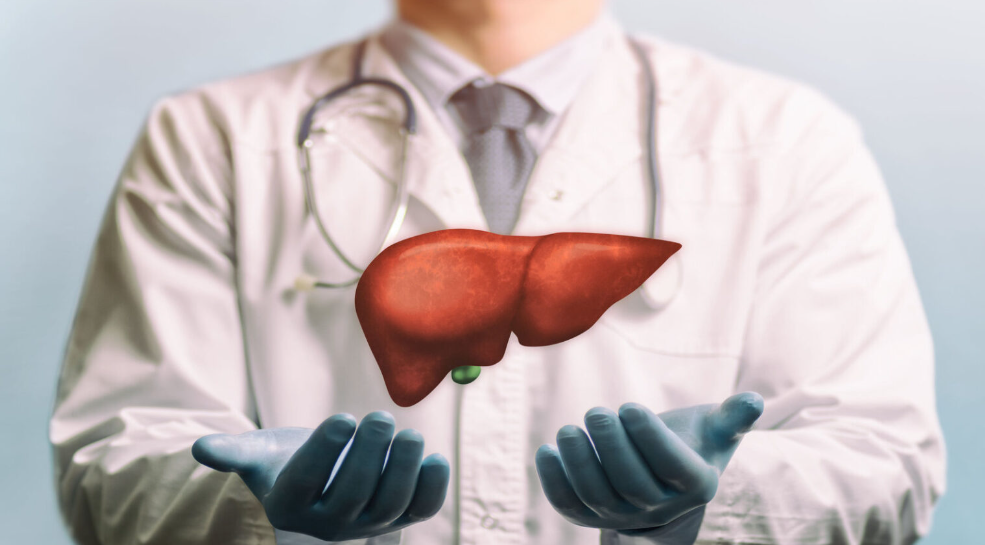Coping with the Emotional and Physical Impact
coping with the emotional and physical impact of liver disease requires a comprehensive approach that addresses both aspects of well-being. Seeking support, adhering to medical advice, and maintaining a healthy lifestyle can all play pivotal roles in managing the challenges associated with liver disease.
Understanding the emotional impact of living with liver disease:
Being diagnosed with a liver condition can bring about a range of emotions, including fear, frustration, and uncertainty. It’s important for individuals to acknowledge these emotions and seek support. The British Liver Trust offers valuable insights into the emotional impact of liver disease and the resources available to help manage these feelings.
Coping strategies for dealing with stress, anxiety, and depression:
Coping with the emotional toll of liver disease requires proactive strategies. Some coping mechanisms may include mindfulness and relaxation techniques, engaging in physical activity, maintaining a healthy diet, finding creative outlets, and seeking social support from friends and family. Additionally, seeking professional counseling or therapy can offer individuals effective strategies for managing stress, anxiety, and depression. We at Liver Treatment in India have a network of the best liver transplant surgeons who are connected to the best liver transplant hospitals to help you with consultations. With the least amount of dangers and issues, they do liver transplants using the most recent technology and techniques.
Seeking professional help and joining support groups:
Individuals living with liver disease and their caregivers can benefit from seeking professional help from mental health professionals, such as therapists or psychologists. These professionals can provide tailored support and interventions to address the emotional impact of liver disease.
Additionally, joining support groups, whether in-person or online, can offer a sense of community and understanding from others who are facing similar challenges. Support groups can be found through organizations like the British Liver Trust and local healthcare providers.
Lifestyle Adjustment and Self-care
Adjusting lifestyle, managing fatigue, and prioritizing self-care routines are essential in effectively navigating the challenges of liver disease while promoting overall well-being. Balancing various aspects of life, communicating openly, and incorporating self-care practices can significantly impact an individual’s quality of life.
Balancing work, relationships, and daily activities with the challenges of liver disease
Managing a balanced lifestyle while living with liver disease involves careful planning and prioritization. Effective time management and open communication with employers and colleagues can help in adjusting work responsibilities to accommodate the individual’s health needs. Similarly, maintaining open communication within personal relationships is essential, as it allows for understanding and support.
Setting realistic expectations for daily activities, and being mindful of energy levels, can also contribute to effectively managing the challenges of liver disease while maintaining overall well-being.
Tips for managing fatigue and physical limitations:
Fatigue and physical limitations are common challenges for individuals with liver disease. To manage fatigue, it’s crucial to prioritize rest and pacing activities throughout the day. Creating a supportive environment at home or work, which may include ergonomic adjustments or assistive devices, can also help manage physical limitations. Additionally, incorporating gentle physical activity, as appropriate, can aid in managing fatigue and maintaining overall physical function.
Developing self-care routines and activities to promote overall well-being:
Self-care is paramount for individuals living with liver disease. This can include engaging in relaxation techniques such as meditation or deep breathing exercises to reduce stress. Incorporating enjoyable and manageable physical activities into daily routines can also promote overall well-being. Additionally, maintaining a balanced and nutritious diet, staying hydrated, and prioritizing adequate rest are essential components of self-care routines for individuals with liver disease. Lastly, finding activities or hobbies that bring joy and relaxation can contribute to mental and emotional well-being.
Maintaining Relationships and Finding Support
Nurturing communication with loved ones, educating them about the condition, and seeking out support networks can all play integral roles in maintaining relationships and finding valuable support systems for individuals living with liver disease.
Nurturing communication and expressing needs to loved ones:
Open and honest communication is key when living with liver disease. It’s crucial for individuals to express their needs and limitations to their loved ones. This may involve discussing how the condition impacts daily life, emotional well-being, and any specific support that would be beneficial.
Educating friends and family about the condition and its impact:
Educating friends and family about liver disease and its impact can foster understanding, empathy, and the provision of appropriate support. Providing educational materials, such as those available from the British Liver Trust, and personal discussions about the individual’s specific experience can help loved ones gain insight into the challenges of living with liver disease.
Exploring support networks and online communities for individuals with liver disease:
Exploring support networks and connecting with online communities tailored to individuals living with liver disease can be immensely beneficial. These communities can provide a sense of belonging, shared experiences, and valuable insights into coping strategies and available resources. Platforms such as those offered by the British Liver Trust or healthcare providers can offer connections to supportive communities and resources.
Building a Strong Support System
By addressing these factors, individuals navigating the healthcare system with liver disease can build a robust support system and make informed choices about their treatment and care options.
Engaging with healthcare professionals and building a multidisciplinary team:
- Actively engage with healthcare professionals specializing in liver disease, such as hepatologists, nurses, dietitians, mental health professionals, and social workers to build a holistic multidisciplinary support team.
- Collaborating with a specialized team can ensure comprehensive care that addresses the physical, emotional, and practical aspects of living with liver disease.
Understanding healthcare rights, insurance coverage, and financial assistance:
- Familiarize yourself with your healthcare rights, patient advocacy groups, and local regulations to understand the rights and resources available to liver disease patients.
- It’s important to understand your insurance coverage, including medical benefits, limitations, and potential out-of-pocket costs, to make informed decisions about your care.
- Explore available financial assistanceprograms, such as support offered by non-profit organizations or government initiatives, to alleviate the financial burden associated with medical care and treatments.
Making informed decisions about treatment and care options:
- Engage in open and transparent discussions with your healthcare providers to gain a thorough understanding of the available treatment and care options for your liver disease.
- Consider seeking second opinions from a best liver transplant specialist to fully understand the range of options and their potential impact on your health.
- Stay informed about advancements in liver disease treatments through reputable sources and evaluate the benefits, risks, and alignment with your personal values and goals to make informed decisions about your care.

